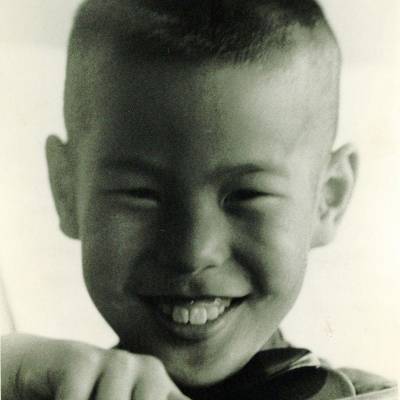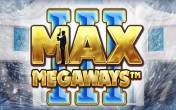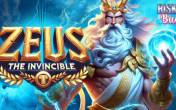
John Chang
Childhood
Born into a family of chemical engineers, John Chang was destined for a life of analytical thinking. His sister pursued an academic path, graduating from Stanford and Harvard before becoming an orthodontist. Meanwhile, Chang attended MIT, one of the world’s top universities, where he studied electrical engineering.
However, his academic journey unexpectedly turned when he discovered blackjack card counting. What began as a curiosity soon became a passion that delayed his graduation by 10 years as he devoted himself to mastering the game.
Career
Chang’s entry into professional gambling was almost accidental. Initially uninterested in joining the MIT Blackjack Team due to the required financial investment, he changed his mind after seeing a poster offering $300 for new recruits over spring break.
At first, he struggled—making costly mistakes—but his skills quickly improved. A highly profitable trip to Atlantic City solidified his reputation, and when team founder Bill Kaplan stepped down, Chang was chosen as his successor.
Managing the Team As a manager, Chang faced numerous challenges:
- Player disputes and defections
- Casino countermeasures (Griffin Investigations tracked him)
- International money smuggling (cash carried in luggage)
400,000 bankroll into 5 million in his first year. His leadership refined the team’s strategies, including psychological training—like simulating unexpected casino scenarios—to prepare players for real-world pressure.
Personal life
Chang married a former MIT Blackjack Team member and settled in Las Vegas, where he still plays blackjack today. Despite being banned from many casinos since the 1990s, he remains active in the gambling community.
He was inducted into the Blackjack Hall of Fame in 2007, cementing his legacy as one of the most incredible card counters of all time.
Revenue
Under Chang’s management, the MIT Blackjack Team amassed millions in profits, though exact figures remain undisclosed. His success came from:
- Team play strategies
- High-stakes betting
-
International casino tours
Interesting facts
- Disguise Fail: Chang once dressed as a woman to avoid detection but was caught and made headlines.
- Airport Incident: A teammate was arrested after airport security found tens of thousands in cash in her bag (the money was confiscated).
- Blackjack Ball: At Max Rubin’s 2005 Blackjack Ball, Chang counted down two decks in 33 seconds—a remarkable feat.
-
Hollywood Fame: The movie "21" (2008) was loosely based on Chang’s exploits, with Kevin Spacey playing his character (Mickey Rosa).
Legacy
John Chang revolutionized team-based card counting, proving that blackjack could be beaten systematically. His methods are still studied by professional gamblers today.
Frequently asked Questions
While studying at MIT, he attended a card-counting seminar and later joined the team after seeing a recruitment poster offering $300 for spring break work.
Estimates suggest tens of millions, though exact figures are unknown due to the secretive nature of team play.
Yes, some bans from the 1990s still apply, though he occasionally plays in Las Vegas.
No, but Chang said it captured the essence of their strategy and teamwork.
He is retired but still plays blackjack occasionally and attends gambling events like the Blackjack Ball.
















